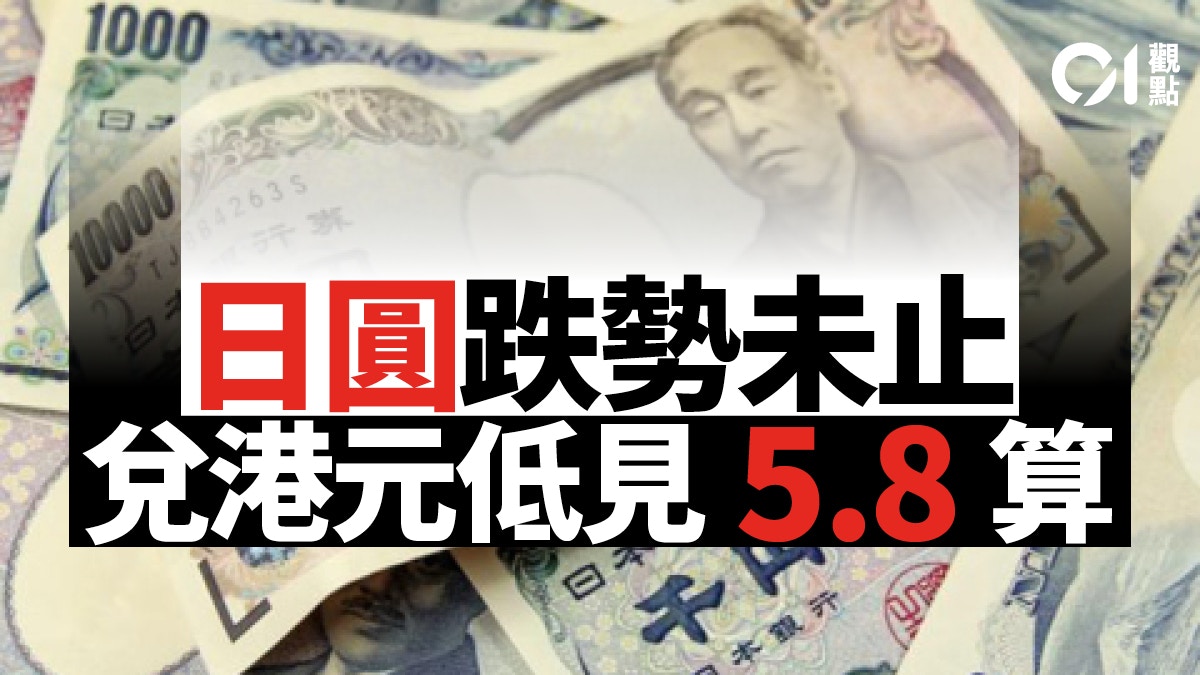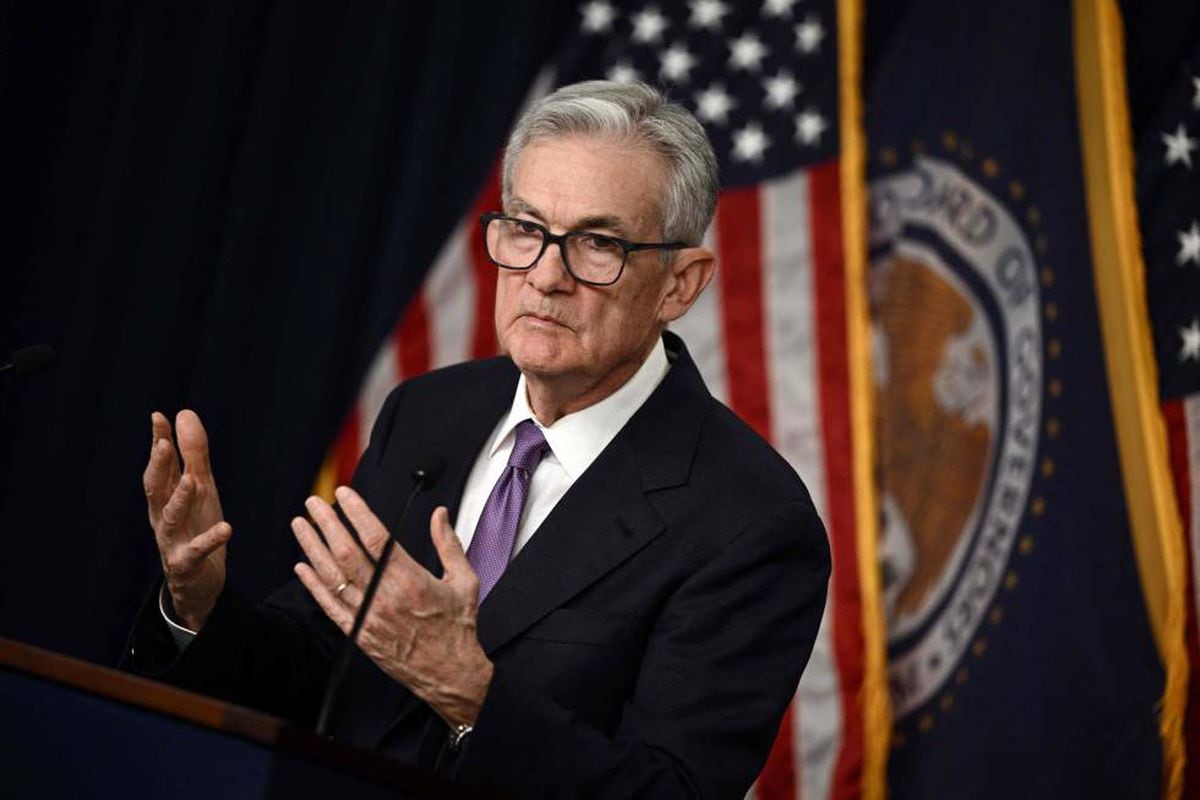Japan maintained its loose monetary policy, and the yen continued to weaken. It has hit a multi-year low for at least two days this week. It was as low as 5.83 yuan per 100 yen against Hong Kong dollar on Thursday (9th).
With the weakening of the yen, Japan, which has always been known for its low inflation, has finally ushered in "reflation". The latest April inflation rate was 2.5%, breaking the 2% policy target for the first time in 13 years.
Inflation surpassed 2% not because the Japanese economy was doing well, but only because the weakening exchange rate and the conflict between Russia and Ukraine pushed up energy prices.
Japan's first-quarter GDP fell by 0.5% year-on-year, coupled with higher inflation, reflecting that Japan has initially entered a stagflation environment.
At this time, "everything but wages will rise", and inflation will only become a burden on people's livelihood.
The governor of the Bank of Japan, Haruhiko Kuroda, who dominates Japan's monetary policy, claimed in a speech at Kyodo News recently that "Japanese households are also becoming more tolerant of inflation", which caused a public outcry and eventually had to publicly apologize.
Kuroda Fuyuhiko has always been a supporter of "Abenomics".
(Visual China)
The central bank's policy finally pays the public
There are many other reasons for high inflation, and the central bank cannot be blamed entirely, but the central bank that sets monetary policy undoubtedly has a great influence on the level of inflation.
Just as the U.S. Federal Reserve insisted on the "temporary theory of inflation" last year and was reluctant to raise interest rates, the Bank of Japan's insistence on not "receiving water" is also the fundamental reason for the current rise in inflation.
Before taking over as governor in 2013, Haruhiko Kuroda had criticized the central bank's policy for being too conservative, keeping inflation too low for a long time, and advocated bold monetary easing to stimulate economic growth in Japan that has been nearly stagnant for more than two decades.
His ideas coincided with the "Abenomics" proposed by then Prime Minister Shinzo Abe, and he was favored to be appointed as the central bank governor.
Abe has resigned as prime minister in 2020, but Kuroda still maintains a policy of monetary easing and negative interest rates.
At present, when major economies are beginning to "receive water" to recover the excess currency issued during the epidemic, Kuroda is still unmoved.
In many places, the epidemic has not yet been brought under control, but the global central bank is ready to collect water.
Inflation is the most basic livelihood issue that everyone can feel. Once inflation is too high, it will significantly affect the material living conditions of individuals.
According to statistics from the Ministry of Health, Labour and Welfare, Japan's per capita wages in April fell by 1.2% year-on-year after adjusting for inflation.
Wages running slower than inflation are actually equivalent to wage cuts in disguise, showing that all Japanese people are paying for the policy, especially for the lower-income social grassroots.
The central bank has great influence
Japan's predicament also reflects a global phenomenon in which central bank policies have a huge impact on the lives of ordinary people.
Sometimes the policies of the central banks of major countries not only affect the citizens of their own countries, but also bring about changes that cannot be underestimated in the world. The power and influence of the central banks are constantly expanding.
Before the collapse of the Bretton Woods system, the world's major economies were still on the gold standard.
Since money was interchangeable with real gold and silver at that time, money was just a simple token, and the supply of money was affected by hard goods such as gold and silver, so the central bank had no monetary policy to speak of.
However, since the rise of modern credit currency, currency has been decoupled from gold and silver, and the central bank has fully mastered the decision-making power of money supply.
The exchange ratio of goods and money depends on the respective supply conditions of the two. The central bank’s sole control of the money supply means that it has almost an overwhelming influence on the pricing of all goods, so it has the “pricing anchor”. call.
Traditionally, economists have only been concerned with the impact of central bank policy on the pricing of general goods.
However, after the 2008 financial tsunami, the U.S. government’s large-scale monetary easing, the market gradually realized that the central bank’s long-term pricing of fixed assets also had a huge impact.
Now from the market food to the prices of fixed assets such as real estate, the influence of the central bank's policy is almost everywhere.
Central bankers therefore need to understand that their decisions are not just economic theoretical debates, nor are they technocrats who make policy adjustments based solely on economic data.
In fact, they have assumed more and more political responsibilities, and their every move affects the lives of the vast majority of people, and their decision-making must be more prudent.
In recent years, Hong Kong has also discussed whether the Hong Kong dollar should continue to be pegged to the US dollar. This will also affect the lives of many people, and decisions must be made with caution.
Economic and Monetary Policy Separation and U.S. Currency Tightening Imminent








